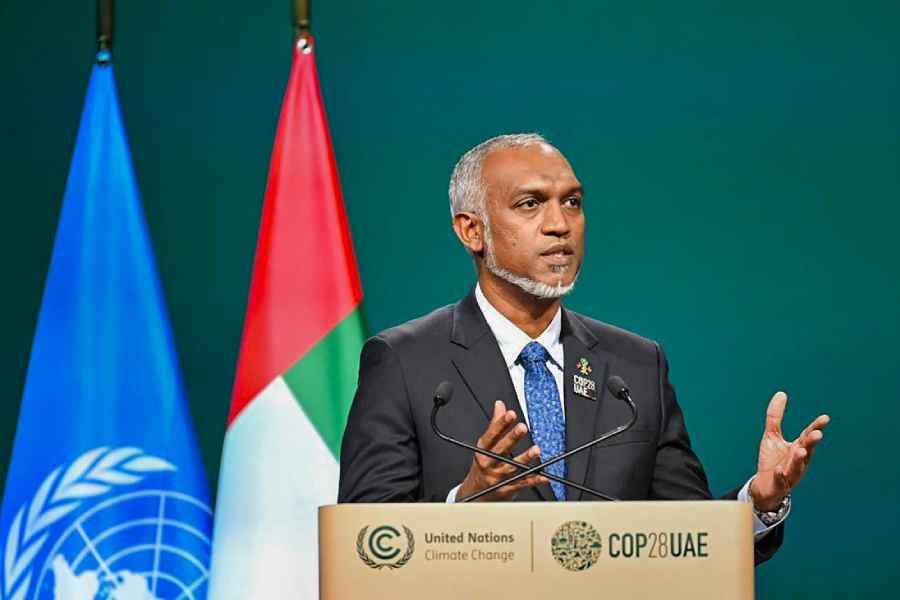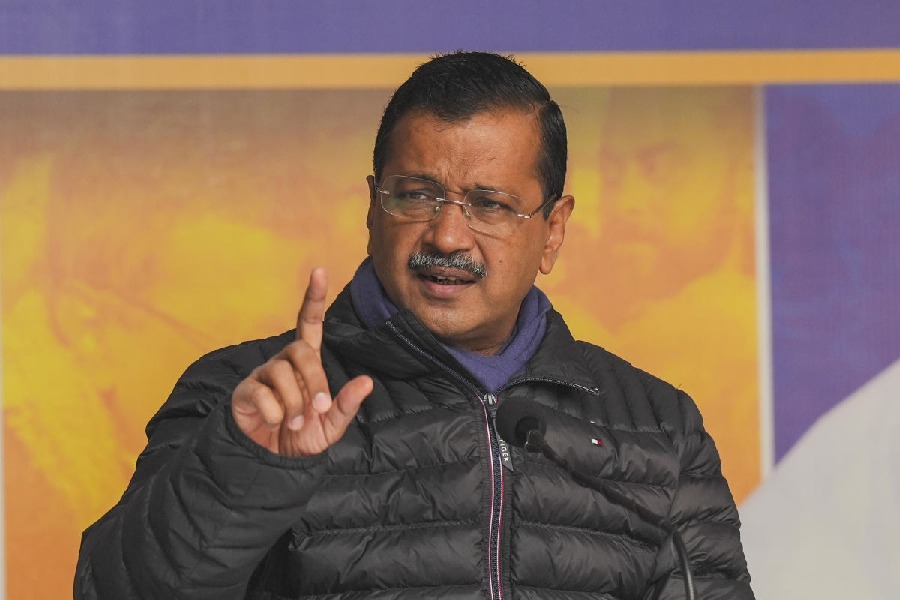A landslide victory for the People’s National Congress party led by the Maldives' president, Mohamed Muizzu, in the country’s parliamentary election has strengthened his government’s hold over the country and could deepen geopolitical fault lines in the Indian Ocean. Mr Muizzu came to power last November on the back of a campaign critical of India’s influence over the archipelago, promising to expel a small contingent of Indian soldiers posted in the Maldives. He has pursued that campaign commitment, with Indian soldiers already leaving — the final batch is expected to depart by May 10. Yet, until now, the country’s Parliament was controlled by the Opposition Maldivian Democratic Party, which has historically been friendly towards India. That changed on Sunday, when Mr Muizzu’s PNC won a two-thirds majority, effectively eliminating the check on its policies that Parliament — known as the Majlis in the Maldives — was providing. In many ways, the result is also a strategic win for China. The PNC has long advocated for stronger ties with Beijing, and Mr Muizzu, in particular, has committed to deepening that relationship. China, which already renegotiated one payment with the debt-ridden Maldives after Mr Muizzu came to power, will now know that it can double down on its ties with the president without worrying about a political deadlock in Malé blocking Beijing-sponsored projects.
Political security for Mr Muizzu could, however, mean greater insecurity in the Indian Ocean where India and China see each other as direct rivals. New Delhi will be watching closely to see if the Maldives gives greater access to Chinese ships, including military vessels — a move that India would see as a provocation. But in this shifting landscape, New Delhi must be careful not to reflexively see its relationship with Malé through the lens of tensions with Beijing. It must start by acknowledging that the PNC’s win suggests that its anti-India campaign has continued resonance with Maldivian society. It is only by addressing that sentiment within the Maldives that India can regain the influence it appears to be losing over its neighbour. To accomplish that, Narendra Modi’s government must stay engaged with the Maldives, demonstrating that its commitment to that country’s people remains intact no matter who is in power in Malé. Any move that could be interpreted as India punishing the Maldives for choosing Mr Muizzu and the PNC will only hurt New Delhi. In the choppy waters of the Indian Ocean, India must sail with caution.










